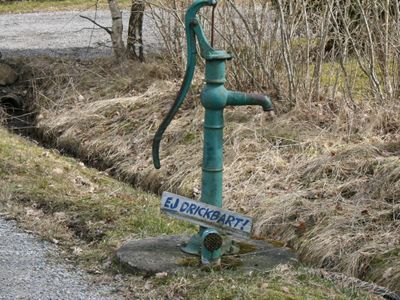The course is mainly directed towards groundwater as raw material for drinking water supplies and treatment processes for creation of a potable and mineral-balanced drinking water.
The following main fields of study will be highlighted in the course:
- Groundwater recharge, soil and chemical processes, groundwater occurrence and the importance of groundwater for the drinking water supplies
- Rules, directives and recommendations that control the water supply management for large-scale aquifers and smaller reservoirs (SLV, EU, WHO)
- Desirable and undesirable components in drinking water including toxic, radioactive and pathogenic substances in raw and drinking water and resulting mineral balances.
- Common treatment methods of different raw water sources for large- or small-scale water supplies. Alternative treatment methods e.g. membrane filtration and its importance for water quality and health
- Chemical properties of drinking water such as corrosion and corrosive processes in the distribution network.
- Threats against the water quality today and in a future climate, risk assessments and measures to increase water security
- Individual and general water supply in areas of water scarcity e.g. coastal areas, salt water intrusion, threat from individual waste water outlets and bases of assessment.
- Study visits.
- Own project related to the own interest field of the course participant.
